United States (Washington DC)
“Our mission is to end the sixth mass extinction. Humans have driven it and humans have the power to reverse it.”
Extinction is one of the wickedest problems we face. That’s why Conservation X Labs (CXL) is encouraging innovation to help reverse it. The technology nonprofit spurs bold, unconventional solutions to ‘wicked problems’ – by designing crowdsourced global competitions. The idea is to harness the democratisation of science, technology and open innovation – via prizes and challenges – to bring out the best of people.
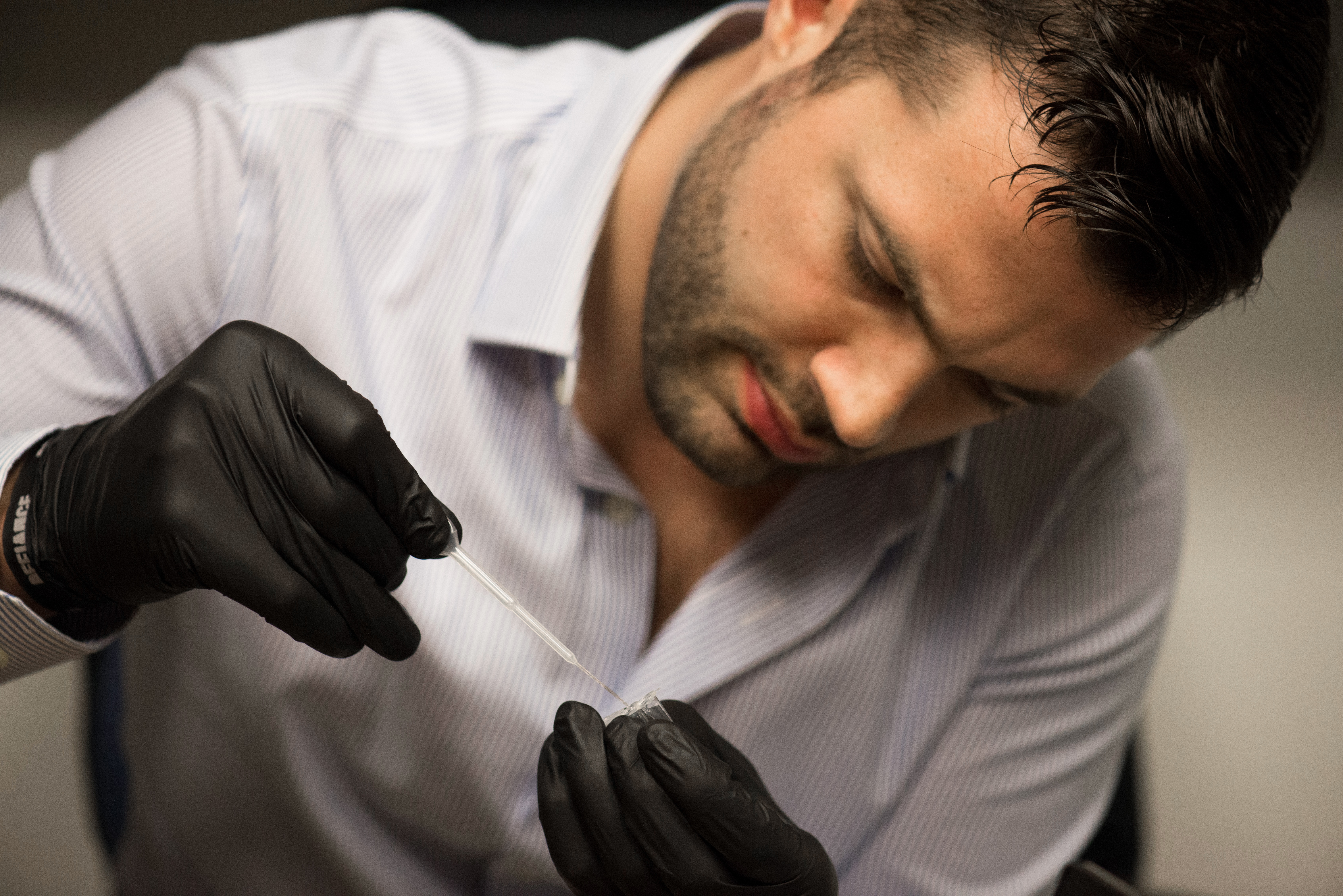
CXL has already provided millions of dollars to support innovations that disrupt conservation as we know it.
Iran-born CEO and founder Alex Dehgan has a fascinating and diverse story (understatement) that includes developing Russia’s first environmental laws after the collapse of the Soviet Union, living in Moscow Zoo to avoid being kidnapped, training former weapons scientists in Iraq to work in ecology and conservation biology and joining the Wildlife Conservation Society in Afghanistan’s post-conflict war zone to complete the country’s first extensive wildlife surveys in 30 years and start its first national park.
He told Nature magazine that shaking up the field is essential: “Unless we fundamentally change the model, the tools and the people working on conserving biodiversity, the prognosis is not good.”
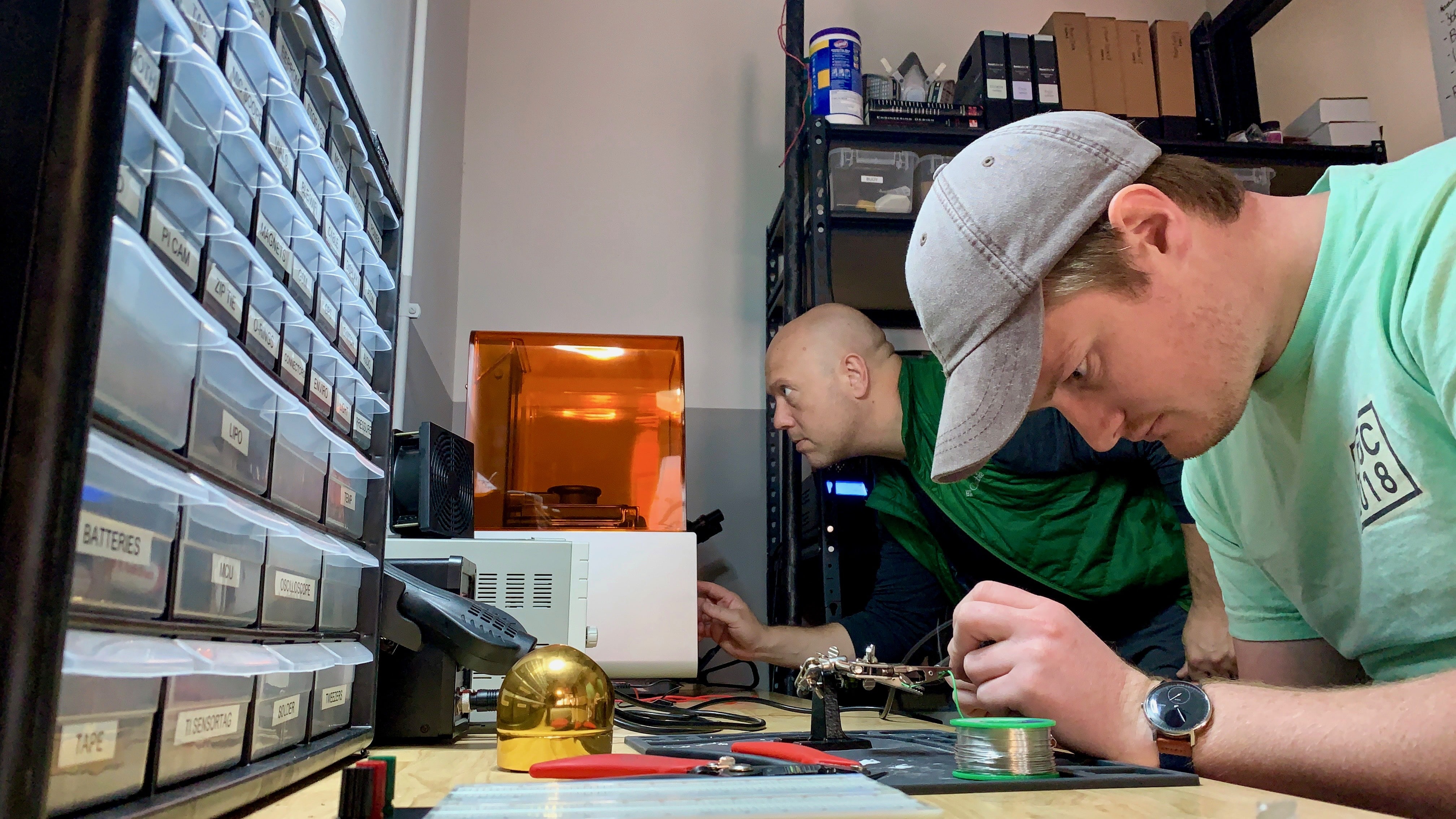
Some examples of CXL’s current prizes include the Global Cooling Prize, which was launched in partnership with the Rocky Mountain Institute and the government of India in 2018. It has offered $3 million for innovators developing climate-friendly residential cooling solutions that can provide access to cooling to people around the world without warming the planet.
Another prize targets an invasive fungal pathogen called Rapid ‘Ōhiʻa Death, which has decimated Hawaiian forests. Here CXL worked with the U.S. Department of the Interior and the National Park Service to identify advanced technological solutions to detect and prevent its spread.
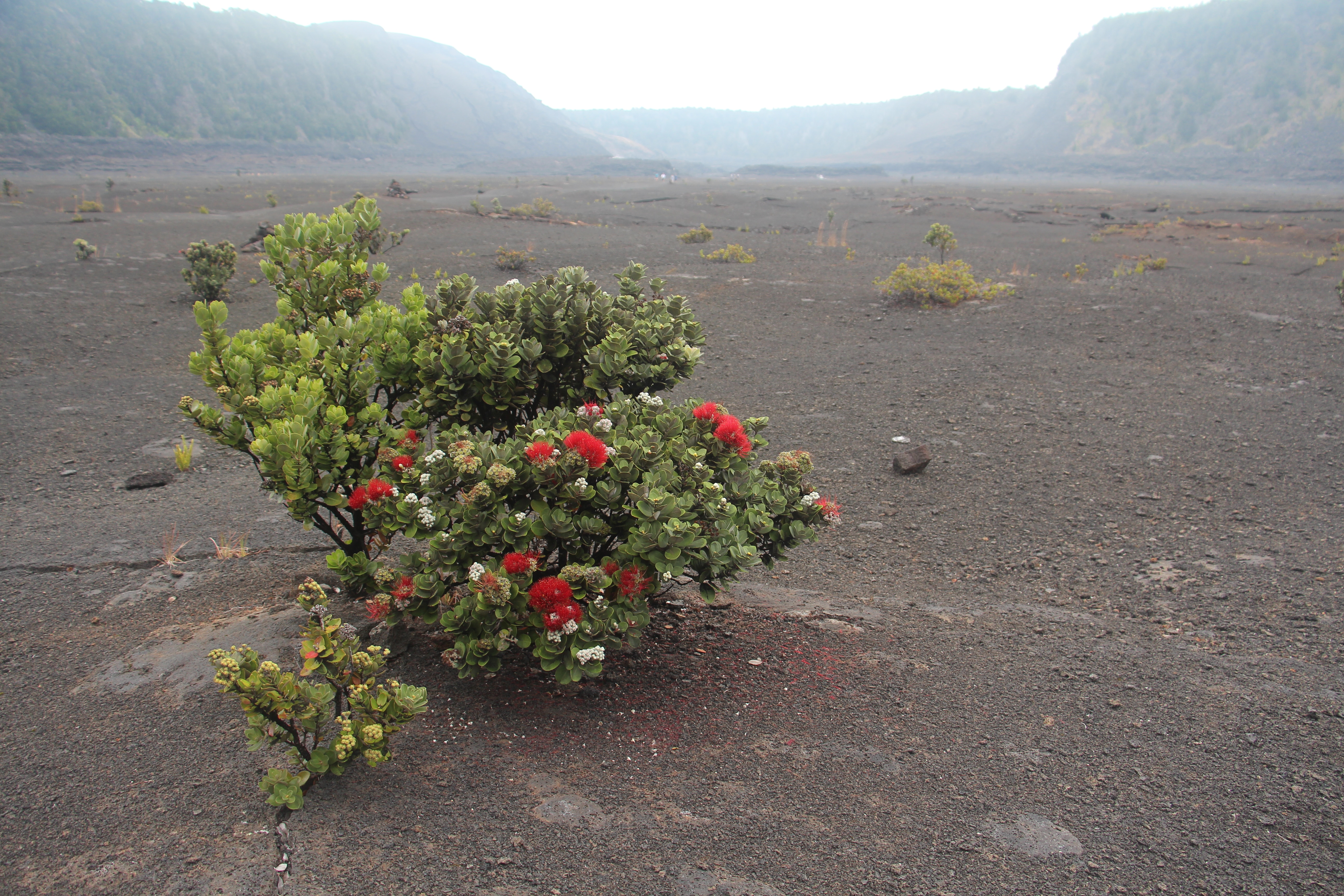
The $750,000 Artisanal Mining Grand Challenge was launched in October 2019 in partnership with a global coalition of organisations. Artisanal and small-scale mining (ASM) provides a critical source of livelihood for over 40 million people worldwide. While it generates wealth in developing countries, it also can cause habitat loss, species decline, poor water quality, hydrological changes and adverse human health and livelihood impacts. Indeed, mining is among the most significant drivers of deforestation in the world’s tropical forests, a leading cause of global biodiversity loss.
What really commands attention is CXL’s DNA barcode scanner (pictured below) – designed to ‘democratise genetic analysis’. This low-cost, hand-held, field-ready automated tool will empower a huge array of people – including customs agents, border officers, fisheries inspectors, scientists, conservationists, consumer and everyday citizens – to confirm the identity of a species identity without a lab or even expertise.
This includes the oft-disguised wildlife products, such as pangolin scales or rhino horns.
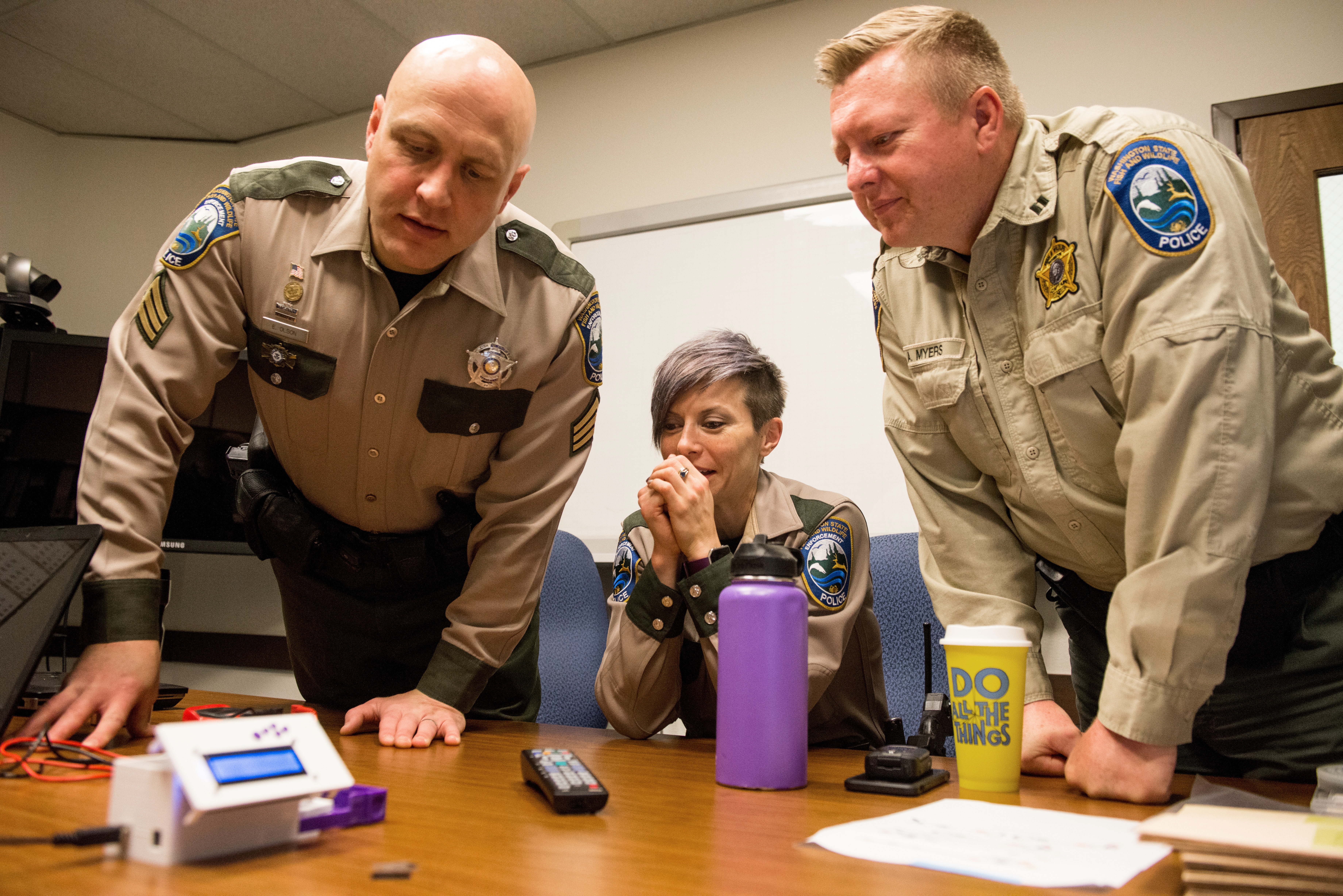
As CXL puts it: “Knowing within minutes whether something is an endangered species – or a mislabeled fish, or an invasive species or a crop pest – is critical to protect biodiversity on our planet.”
Meanwhile, CXL continues to build the tribe, targeting “diverse, passionate problem-solvers, with a shared mission and ability to work across disciplines to produce revolutionary innovations.” The tribe includes “biohackers, designers, scientists, makers, innovators, marketers, entrepreneurs, financiers, engineers, behavioural economists, writers, investors, technologists, policymakers, chemists and rocket scientists.” So, a pretty broad church.
Industry-agnostic, international and solution-seeking, CXL’s doors are open to anyone wanting to help reverse extinction. Something wicked this way comes, but then a lab came along to challenge it.
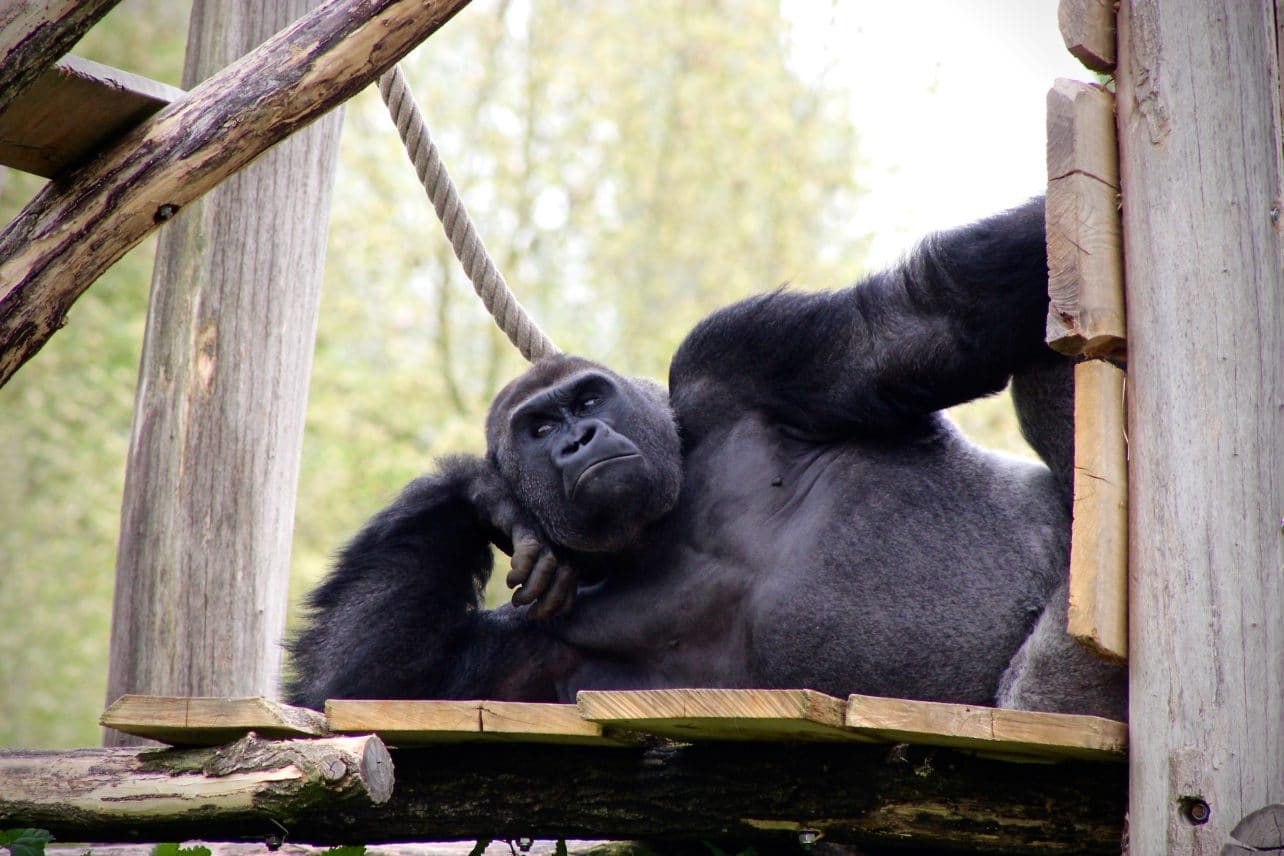
AtlasAction ► Read an interview with founder Alex Dehgan in Nature and explore CXL’s latest challenges
Project leader
Alex Dehgan, CEO & founder
Support the Atlas
We want the Atlas of the Future media platform and our event to be available to everybody, everywhere for free – always. Fancy helping us spread stories of hope and optimism to create a better tomorrow? For those able, we'd be grateful for any donation.
- Please support the Atlas here
- Thank you!
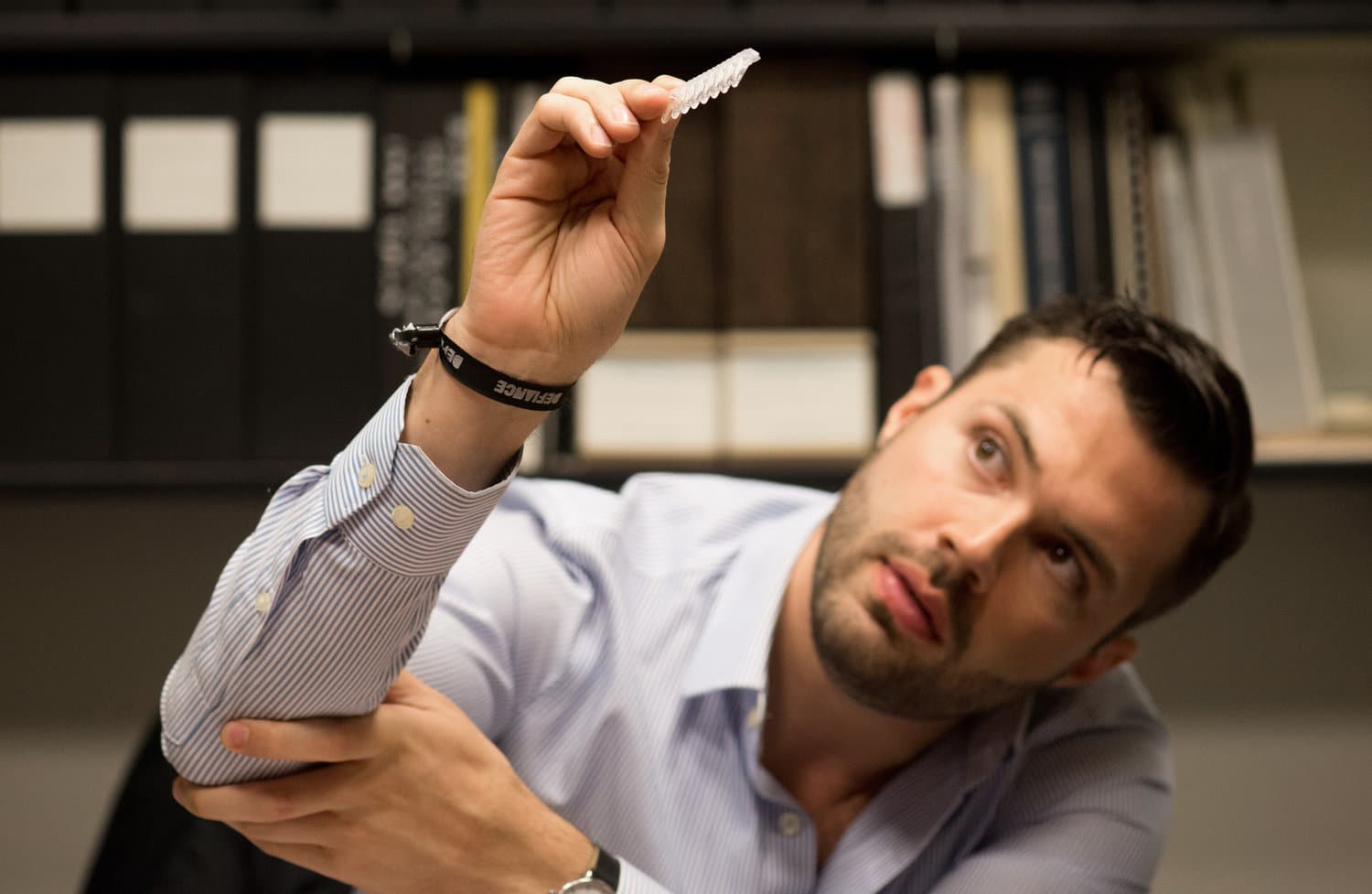
DNA Scanner

